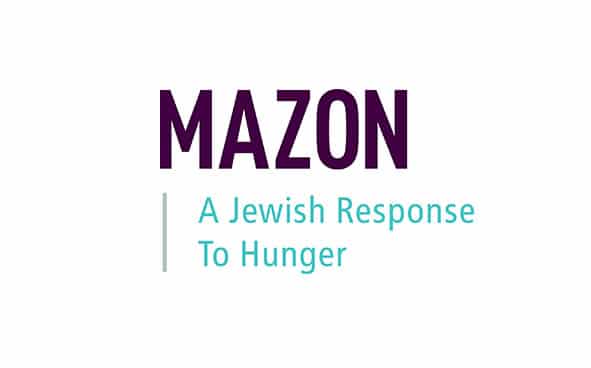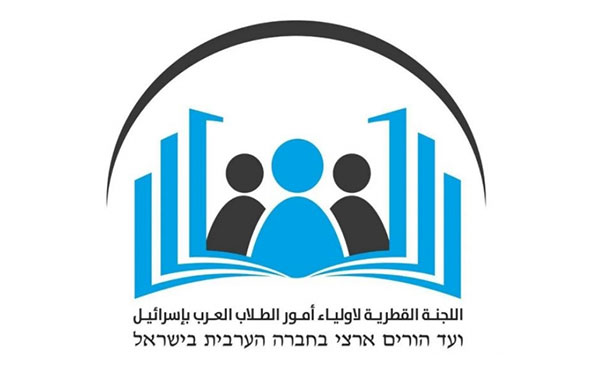

Some 54,000 Israeli middle and high school students from low-income families suffer from hunger and nutritional insecurity. This negatively impacts their health as well as their classroom performance.
In Israel’s elementary school system, there are meal and nutrition programs operating in the social and geographic periphery. But there’s still no systemic solution to the problem of hunger and food insecurity faced by middle and high school students.
Research shows that 1 in 13 Israeli students in grades 7-12 suffer from hunger.
More than 15,000 of these students frequently go hungry and this makes it hard for them to study.
Hunger has a direct impact on students’ behavior and performance at school. It prevents them from reaching their full potential, and can cause kids to drop out of school altogether.
The effects of childhood hunger are long-term: It impairs students’ physical and cognitive development and often makes them fall behind academically. This leads to lower paying jobs, perpetuating the cycle of poverty and inequality.
Schools, education networks and local authorities struggle to solve this national problem. A few manage to raise funds from private donors for student nutrition, but this usually only affords partial solutions that are unstable and unsustainable.


At 121, we’re highlighting the dire problem of hunger in our schools and pushing for a government policy that addresses it nationwide.
According to our research, comprehensive school meals and nutrition programs exist in almost all high and middle income countries. They’ve proven to be successful at improving academic achievement, classroom participation, and cognitive skills. In the long term, they help reduce social gaps and strengthen health and nutrition.
Our policy paper emphasizes the need for a national program addressing the hunger problem in Israel’s middle and high schools, and outlines the potential impact:
- Ensuring the health and physical and mental development of students
- Providing students with a real opportunity to achieve academic success
- Giving students the tools to succeed as adults
- Generating significant savings for the State budget
Our proposal for policy change:
We’ve developed a two-pronged proposal for policy change:

1. Implementing a meals and nutrition program in schools for at-risk youth, where the need and urgency are most acute.
We estimate that a program providing a solution for approximately 20,000 at-risk students in schools will cost approximately ILS 41 million a year. Such a program would support and protect these students from dropping out of the education system, the implications of which would be felt throughout their lives.

2. Convincing the Ministry of Education to conduct an in-depth study examining the scope of urgent needs in the remaining schools and ways to provide them with solutions.
We propose that the Ministry of Education undertakes an in-depth study, laying the groundwork for developing a systemic solution for hungry children in other middle and high schools.
Currently, we’re organizing a group of relevant stakeholders and experts.
This group will advocate before decision makers to establish a meals program targeted at schools for at-risk youth, where the needs and urgency are most acute. We will subsequently work on a program that addresses the needs of all middle and high schools.



Bottom of the Food Chain: Hundreds of Thousands of Israeli Kids Go Hungry at School
Daniel Dolev | October 20, 2022
More than 660,000 Israeli children suffer from food insecurity, and around half are hungry. The only hot meal many of them get is at school, but the Education Ministry’s feeding program is only for children in primary schools. The food disappears as soon as a child is in seventh grade, and the implications, including violence and attrition, can be severe. The first in a two-part project, published in collaboration with Calcalist: A journey to the last-chance highs schools that are forced deal with the education system’s rumbling stomach.
Partners


















Want to get involved?
We'd love to hear from you!

Share:
